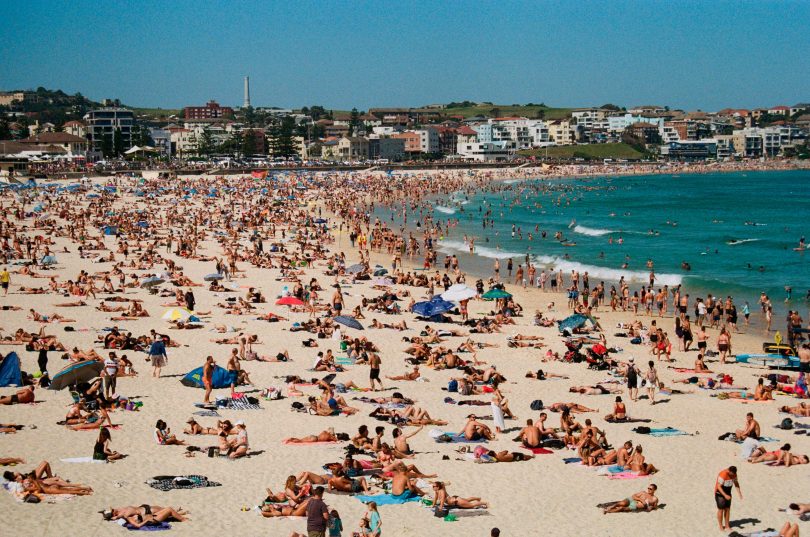March 19 was the first day of Spring. That means pollen is in the air and spring breakers are packing their bags for Florida beaches, Mexican getaways and European cruises.
Spring break travel is expected to be even busier in 2024 than last year, according to the Transportation Security Administration.
“So far in 2024, travel volumes are trending at nearly 6% above the same period in 2023,” TSA administrator David Pekoske said in a press release.
Fifty-five percent of Americans plan to take a vacation this Spring, according to new survey data from Vacasa, a vacation rental home management platform.
Spring break trips can create lasting memories. And because Wellstar is committed to community well-being, we want to ensure you remember your trip for the right reasons, not because of an illness or accident.
Here are eight tips to ensure your group has a fun and safe vacation.
1. Bring identification and insurance cards
Thinking about health insurance ahead of a trip isn’t as fun as picking out new swimsuits or booking excursions, but you will be glad you did if something comes up. Make arrangements to have the right identification documents with you, including a passport, your health insurance card and your driver’s license. Check if your health insurance covers medical care in foreign countries and if your auto insurance covers roadside assistance, if applicable.
2. Always use sunscreen
Even if it’s cloudy or you’re in the mountains rather than the beach, be sure to wear sunscreen with an SPF rating of 30 or more. Doctors recommend applying sunscreen approximately 30 minutes before being in the sun so it can be absorbed by the skin and will be less likely to wash off. Also, remember to reapply sunscreen every two hours or every 40 to 80 minutes if swimming or sweating.
3. Stay hydrated
Always fill up a water bottle before heading out for the day. Staying hydrated will help you enjoy being out in the sun without feeling dehydrated, which can lead to dizziness, nausea and more serious conditions like heat stroke.
4. Practice caution with activities
It’s easy to be so excited about cliff jumping, hang gliding or four-wheeling with friends that you forget these activities can lead to injuries. Always research potential dangers of activities and make sure you book excursions with reputable, well-reviewed companies that are willing to answer any questions you have about safety.
5. Practice safe drinking
Avoid excessive alcohol consumption, especially at the beach where the sun can amplify the effects of alcohol. Practice safe drinking habits, like keeping an eye on your drink, not accepting drinks from strangers and avoiding driving after drinking.
Statistics put this warning into perspective. Alcohol is involved in up to 70% of deaths associated with water recreation, like boating or swimming, according to the Centers for Disease Control and Prevention. And around 1,800 college students die from alcohol-related injuries each year, with the large majority occurring during spring break, according to The National Institute on Alcohol Abuse and Alcoholism.
6. Safe swimming
Swimming can be dangerous whether you know how to swim or not. More children ages 1 to 4 die from drowning than any other cause. And more than 450 people died from rip currents from 2017 to June 2023. Remember, if you get caught in a rip current, don’t try to swim against it. Instead, swim parallel to the shore until you are clear of the current. Also, never dive headfirst before checking the depth and always wear a life jacket while boating.
7. Stay up to date with your vaccines
Visit your primary care physician ahead of any travel, especially when traveling abroad, to ensure you’re up to date on your vaccines and your medications are filled. Visit the CDC’s webpage for your destination to check if you need additional vaccines.
8. Travel in groups
Lastly, there is safety in numbers. Consider having a buddy system and never let a group member go off alone, especially when drinking. Being alone in a new place can make you a target. Be cautious around new people. Stay alert, especially when you’re distracted by looking up directions. Have a code word to indicate you’re in trouble, share your location on your phone and have a meeting place set for if anyone gets lost. Remember, stick together.


